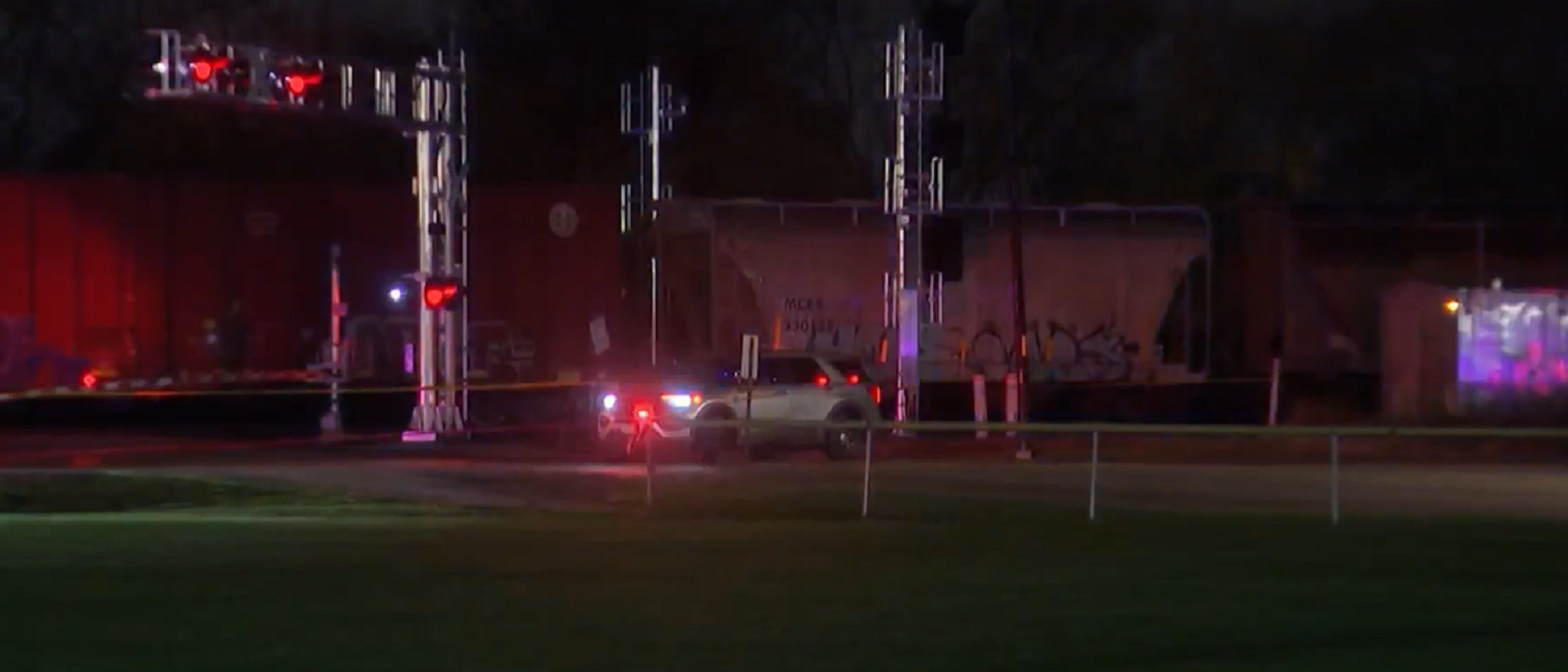CHICAGO – Mayor Brandon Johnson's administration suggested this week it has no plans to postpone enforcement of its 60-day shelter stay policy, meaning scores of migrants could soon be forced to leave city’s shelters starting on March 16.
Johnson initially side-stepped questions about this earlier this week when asked by NBC 5 Investigates if the City of Chicago was prepared to postpone enforcement again.
“We’re compassionate people, I got you,” Johnson said.
When pressed that he did not provide a “yes or no” response, Johnson said: “So, it’s not okay that I let people know that Chicago is compassionate? Let me just say it though, okay? Thank you. We are compassionate people and so we are doing everything in our power to demonstrate compassion. Now as far as whether or not we will extend deadlines, we haven’t gotten to that point, alright.”
When NBC 5 Investigates asked for clarification, Communications Director Ronnie Reese confirmed that the March 16 date still holds true for the first wave of migrants to move out of the city’s shelter system.
It’s unclear how many migrants that impacts, with city officials telling NBC 5 Investigates those figures are being tabulated.
The Johnson administration twice postponed the enforcement of the 60-day stay policy before – most recently at the end of January amid inclement winter weather and growing opposition from 16 members of the Chicago City Council, who had drafted a letter calling for the city to repeal the policy.
Local
When specifics of the 60-day shelter stay limit were provided during a council committee hearing in late January, Brandie Knazze with the Department of Family and Support Services told alders at the time that as many 5,617 could be asked to leave the shelters in March. More than 2,000 more could follow through the month of April.
Shelter populations have decreased since that meeting - from more than 14,000 at the end of January to more than 11,000 this week.
Feeling out of the loop? We'll catch you up on the Chicago news you need to know. Sign up for the weekly Chicago Catch-Up newsletter.
The Johnson administration has made clear there are extenuating circumstances through which migrants could be granted an extension, but Johnson told reporters Tuesday the city’s “main goal” was to resettle as many people as possible.
Among them the reasons for an extension include:
- Inclement weather
- Proof of lease with a move-in date that would extend their stay in shelter until the start of their lease
- Familial circumstances that create challenges including persons with disabilities or a death in the family, among others
The Johnson administration announced the 60-day stay limit policy months ago, which was modeled after similar policies in other places like New York.
The motive behind it was in part to help clear the city’s temporary migrant shelters and help resettle migrants into more sustainable housing situations.
Amid the pending deadline, costs have been a part of public criticism leveled against the Johnson administration.
Favorite Healthcare Staffing, the Kansas-based staffing company hired to staff and help operate the city’s shelters, has been paid $126 million so far, according to the city’s online costs portal. Equitable Social Solutions, which helps identify shelter locations, has been paid $31 million.
At its peak, Chicago’s 28 shelters were housing more than 14,000 migrants – roughly half of them - or 7,500 are not eligible for state-funded rental assistance.
And according to the city data from late January, only 1,000 work permits had been issued – creating a challenging landscape for migrants to find housing, according to volunteers and housing specialists interviewed by NBC 5 Investigates.
“I see their faces when I’m sleeping. I think about their names all the time. If I am driving around the neighborhood and I see a “for rent” sign – I call it immediately. I can’t stop thinking about housing and shelter. I can’t stop thinking about where are they going to stay,” said Charlotte Long, the housing specialist with the Sanctuary Working Group at the Wellington United Church of Christ – a grassroots organization that now through the help of grant funding is helping migrants find housing and actually helping pay their rent.
Long acknowledged that she is seeing demand for housing ramp up as the March 16 deadline approaches and worries some people could end up experiencing homelessness.
According to the Illinois Department of Human Services, the state has spent approximately $45 million helping at least 5,000 families resettle.
The state also spent another $1 million on outmigration services – paying for plane, train and bus tickets for migrants who end up not staying in Illinois, according to a DHS spokeswoman.



